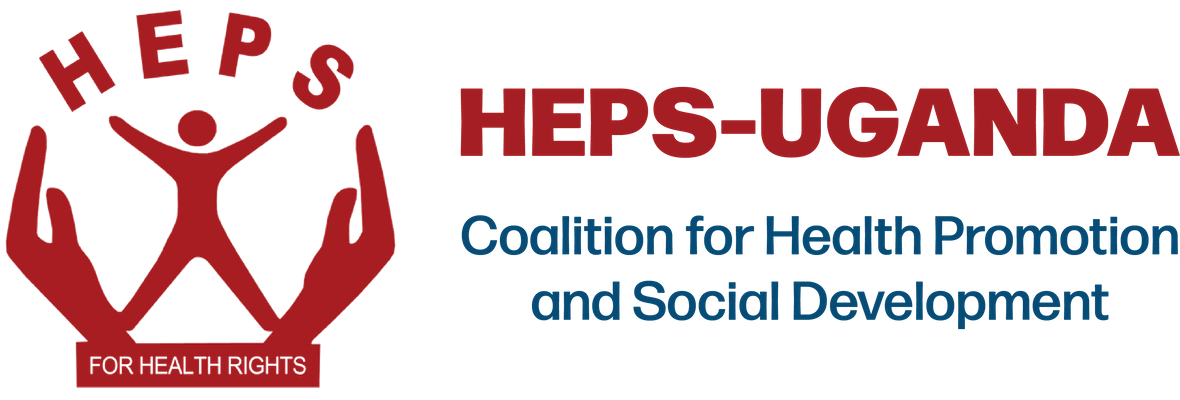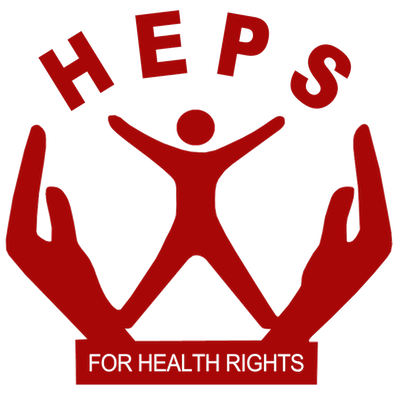Poverty is not gender neutral. More women are affected. In fact, two thirds of the world’s working poor are women. For young women, living in urban slums, their realities are tough.
Young women living in city slums lack access to basic services like education, healthcare, and water. They may have to care for siblings, for their own children or do housework. They have to find work outside of the home to support their families. To make ends meet.
For young women, this is a specific time in their lives, where they are vulnerable because of age, poverty and their sexuality.
Gender norms hold young women back. They dictate whether girls can stay in school. When young women should get married. Whether young women can access contraceptives.
This is where the Strengthening Women and Girls’ Access and Use of SRHR Services- SWAGA project becomes relevant.
The project aims to reduce early and forced marriages in Pallisa and Kamuli districts of Uganda by enabling girls and women from marginalized and low income households to gain economic independence and decision making power regarding their sexual health through support groups integrated with savings and credit activities.
The groups will enable girls and women to meet their SRH needs and start individual and joint retail enterprises to sell household items including sexual and reproductive health (SRH) commodities at a subsidized prices to group members. Participating women will become advocates for Sexual and Reproductive Health and Rights (SRHR) in their communities through educational meetings to discuss issues such as early and forced marriage, sexual and gender based violence, and the importance of continued education for girls.







